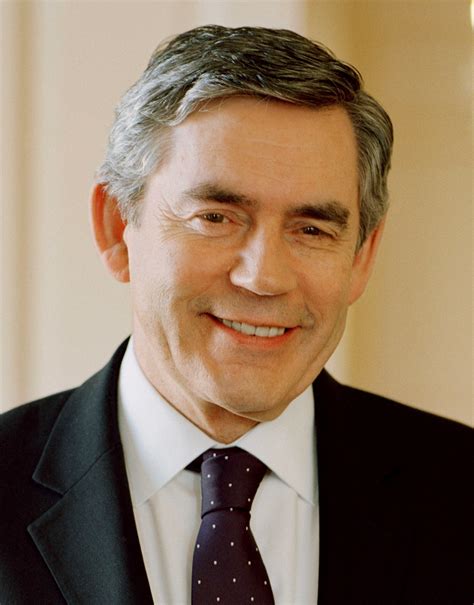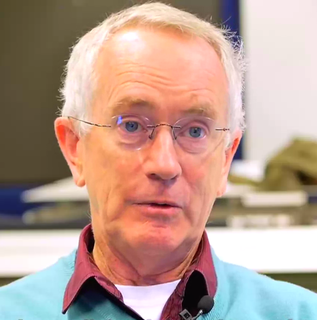A Quote by Henry Petroski
Engineering, like poetry, is an attempt to approach perfection. And engineers, like poets, are seldom completely satisfied with their creations. They notice, even if no one else does, the world that is not quite le mot juste, or the hairline crack that blemishes the structure.
Related Quotes
Before the scene, before the paragraph, even before the sentence, comes the word. Individual words and phrases are the building blocks of fiction, the genes that generate everything else. Use the right words, and your fiction can blossom. The French have a phrase for it - le mot juste - the exact right word in the exact right position.
After all, poets shouldn't be their own interpreters and shouldn't carefully dissect their poems into everyday prose; that would mean the end of being poets. Poets send their creations into the world, it is up to the reader, the aesthetician, and the critic to determine what they wanted to say with their creations.
I don't know that I had a sense that there was such a thing as "the poetry world" in the 1960s and early 70s. Maybe poets did, but for me as an onlooker and reader of poetry, poetry felt like it was part of a larger literary world. I mean, even the phrase "the poetry world" reflects a sort of balkanization of American literary and artistic life that has to some extent happened since then.
Engineering is not merely knowing and being knowledgeable, like a walking encyclopedia; engineering is not merely analysis; engineering is not merely the possession of the capacity to get elegant solutions to non-existent engineering problems; engineering is practicing the art of the organizing forces of technological change ... Engineers operate at the interface between science and society.
The daily quota I've set for myself is 500 words or approximately a page and a half double-spaced. Which isn't much, except that I'm extremely slow, extremely meticulous. 'Le mot juste' haunts me. On a good day, I will finally secrete the 500th word at about 5 o'clock, and I'll reward myself by going to Housing Works Bookstore to read.
Poems very seldom consist of poetry and nothing else; and pleasure can be derived also from their other ingredients. I am convinced that most readers, when they think they are admiring poetry, are deceived by inability to analyse their sensations, and that they are really admiring, not the poetry of the passage before them, but something else in it, which they like better than poetry.
All creations are one with the universe. Look at the world around you. Can you effectively separate yourself from everything else? After seriously pondering this, most of us rapidly conclude that we cannot. To even make the statement that I exist as a unique entity requires comparison with something else. (If you exist as a distinct being, your distinctiveness is in comparison to other creations. No other creations, no individual you.)
I tend to like the way poets form communities. Writing can be lonely after all. Modern life can be lonely. Poets do seem to be more social than fiction writers. This could be because of poetry's roots in the oral tradition - poetry is read aloud and even performed. I'm just speculating, of course. At any rate, because poets form these groups, they learn from one another. That is one of the best things about being a poet.


































